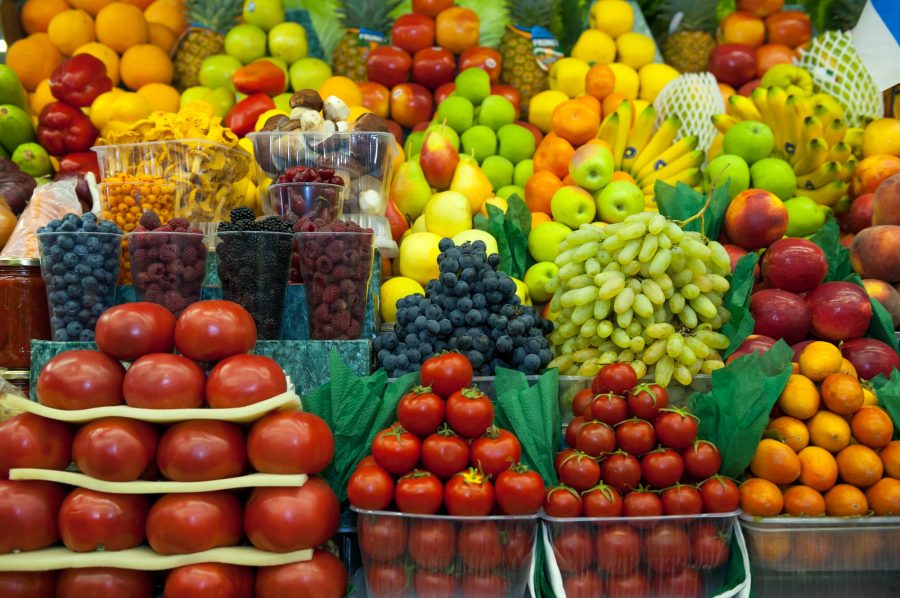

They emphasise that education and access to accurate information are key to making nutritious food choices, with affordable alternatives available to meet dietary needs. A balanced diet, they argue, doesn’t have to be expensive.
EKO HOT BLOG reports that experts suggest that Nigerians can explore various cost-effective substitutes to ensure they get the right nutrients, pointing out that a healthy diet involves a mix of fruits, vegetables, whole grains, proteins, and healthy fats.
The World Health Organization (WHO) highlights that a healthy diet throughout life can help prevent malnutrition and non-communicable diseases such as diabetes, heart disease, and cancer. WHO notes that while the specifics of a balanced diet may vary based on individual factors like age, gender, and lifestyle, the basic principles remain the same.
The economic impact is evident in the recent Inflation Expectations Survey by the Central Bank of Nigeria, which recorded food inflation at 39.93% in November 2024, driven by soaring prices of staples like yam, rice, maize, and palm oil.
EDITOR’S PICKS
In an interview, nutritionists encouraged Nigerians to make informed choices about food. They suggested that home gardening could be a helpful strategy, enabling people to grow fruits, vegetables, and proteins like chicken and eggs to supplement their diet.
Professor Ignatius Onimawo, a Public Health Nutrition expert, advocated for exploring cheaper food options that still provide essential nutrients. He stressed the importance of nutritional education, pointing out that cheaper alternatives, like plant-based proteins such as beans or bambara nuts (okpa), can offer the same nutritional benefits as animal-based proteins.
Professor Beatrice Ogunba echoed this, emphasizing that knowledge about food and nutrition empowers Nigerians to make affordable choices, such as swapping costly items like apples for bananas, which are equally nutritious.
Additionally, Professor Wasiu Afolabi, former President of the Nutrition Society of Nigeria, noted that while food inflation poses a challenge, Nigerians can still access healthy food by focusing on local produce and engaging in subsistence farming to grow vegetables and raise poultry.
Despite the rising cost of food, these experts believe that with proper knowledge and resourcefulness, Nigerians can maintain a nutritious diet even amidst economic hardships.
Here is the video of the week
Manchester United Set To Offload Four Players For Two New Signings. Rashford, Garnacho could leave…
A peaceful protest is scheduled for Saturday, April 26th, 2025, at Mojoda Garage, Epe, against…
State Governors, Others Expected To Join APC Ahead Of 2027 – Gov. Sule. Tinubu’s inclusive…